Beekeeping 101: Let’s Get it Started
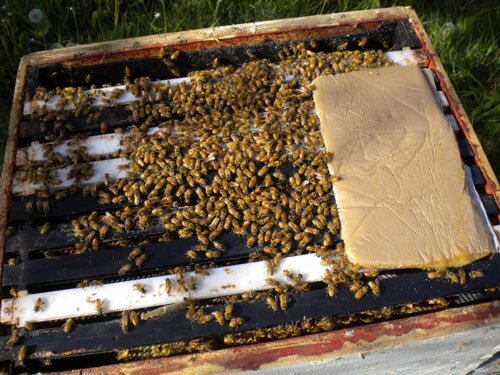
Guest Post by Kate Ferry
A few weeks ago, I introduced myself and talked about my past experience with beekeeping in a post titled “Beekeeping: A matter of the heart”. The response was quite welcoming and many people were interested in getting more information about beekeeping as a hobby.
Keeper of the Home invited me back and asked me to put together both a “Beekeeping 101” intro for those of you who are interested in possibly starting beekeeping and another snippet on “Welcoming Honeybees” that covers the importance of the honeybee and how to help them even if you aren’t interested in keeping them as a hobby.
So, let’s get this started…
Beekeeping 101
- Are you fascinated by the honeybee?
- Do you have access to a bit of land? Anything over about 20 feet by 20 feet will do just fine.
- Are you interested in reaping the benefits of a well-pollinated, seasonally rounded garden?
- Do you have a spare hour every two weeks or so?
- Do you have a sweet tooth for honey?
And, last but not least…
Can you check off the “no” box on the doctor’s information form that asks “Are you allergic to bees”?
If you can answer yes to these questions – any or all of them – then beekeeping might just “bee” the thing for you.
I first became interested in honeybees while studying anthropology in college a few years ago. The social structure of the honeybee is unlike any other living organism and the level of organization, community and work ethic is second to none. Inside the hive, they are truly remarkable creatures. Outside the hive, they are both critically beneficial and incredibly fascinating to study.
After graduating from college, I enrolled in a six-week course at a honeybee learning centre just outside Vancouver, British Columbia, Canada. It was an intense learning environment and it only fueled my interest and determination to bring honeybees into my life.
That next spring I jumped in headfirst and haven’t turned my back on them since. For the past seven years, I have enjoyed keeping bees at my homestead in northwest Washington. And, through trials and tribulations have managed to keep the honeybee a sacred part of my life and that of my family.
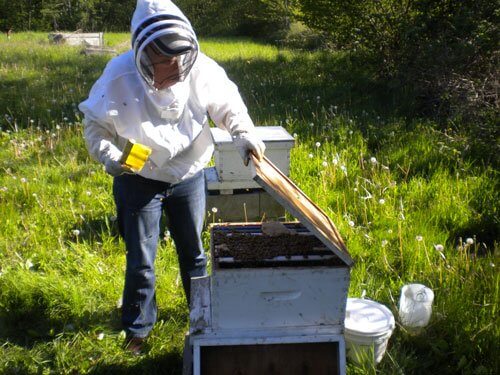
But, back to you and keeping YOUR bees…
1 – First things first – Read up on honeybees. Get familiar with the terms and the level of time involved. Start to understand the basics and what you will be tackling when you make the commitment.
My absolute favorite book on beekeeping goes by a somewhat embarrassing moniker, but it’s loaded with quality information that is presented in an easy-to-follow format – whether you are a complete novice or well-practiced beekeeper.
Beekeeping For Dummies by Howland Blackiston and Kim Flottum
The second and third book worth taking a peek at are Natural Beekeeping: Organic Approaches to Modern Apiculture by Ross Conrad & Gary Nabhan and The Backyard Beekeeper – Revised and Updated: An Absolute Beginner’s Guide to Keeping Bees in Your Yard and Garden by Kim Flottum.
Still ready to keep going? Good, because you’re gonna have fun!
2 – Find your local beekeeper’s association and check it out. And, if you are lucky enough to find one or get to a meeting and meet one – try, try, try to hook up with a mentor that you can observe in the field and go to with question after concern after inquiry.
3 – Get your ducks, well bees, in a row. Find that plot of land to keep your hives. Order your gear through a local supplier or a number of online retailers including Mann Lake and Glory Bee. Start-up cost for one single hive and all brand-new gear is going to be about $200 to $300. Be on the lookout for used beekeeping gear (hat, suit, smoker, etc…) but, be wary of used equipment (hive boxes, frames, tools). Hive parts can harbor diseases and parasites that may have infected the previous colony and transfer over to your new, healthy bees.
4 – Scout out sources for acquiring your bees. A box of bees is going to run you about $80 and a nucleus colony is around $100.
- Order them online through a retailer of choice
- Get in with your local beekeeper’s association and join in on their group order
- For the brave at heart – capture a swarm (a.k.a. FREE BEES!!)
5 – Enroll in a formal course. If you live in the Pacific Northwest, check out the Honeybee Centre in Surrey, B.C., Canada (add link here). Otherwise, you can check out your nearest university and ask to speak with their agriculture department. Most state universities offer extension courses at the very least, but a number of them have an apiculturist on staff, too!
Well, if you know you aren’t planning on keeping honeybees, thank you for sticking with me and reading the past 600 words. The next bit pertains to those interested in welcoming honeybees into the garden and providing a safe haven for an endangered insect.
The past five years have seen an enormous decline in honeybee colonies.
The honeybee population is vanishing at an apocalyptic rate and keepers are opening the hives in spring to find them empty. The fate of the honeybee is particularly worrisome when considering that over one-third of the food on our table is the direct result of honeybee pollination.
So, even if you aren’t interested or can’t keep honeybees, you would doing a world of good to educate yourself on how to help keep them relatively safe and enjoy the benefits of their industrious work ethic.
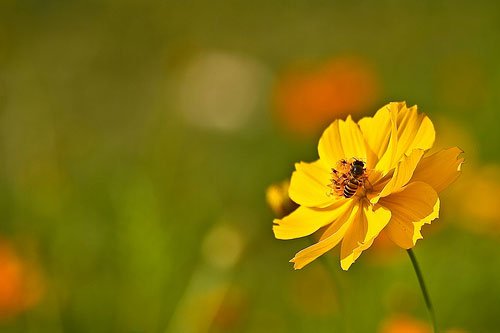
Image by NJ..’s
How can you help?
Keep that garden natural – a bonus for the honeybee, your home, your health and your environment! Avoid pesticides at all costs and work with natural, environmentally friendly products. Or, embrace the weeds.
Try to have a variety of flowers and plants in your yard that are in bloom all year round. Think early spring to harvest time – work with the dandelions in April and finish with some sedum in late fall.
Get those wasps. Wasps are carnivores that feed on honeybees. A hive can be severely incapacitated by a wasp attack and the only evidence for the keeper is the body remnants after wasps have dissected the abdomens of the bees. Wasp queens are all that live over winter and are responsible for starting the entire hive on their own come spring. So, each wasp you kill in late winter or early spring (you know those sneaky slow movers that come out of the wood pile?) is one wasp hive down. An affordable and effective organic bait for wasps is half orange juice/half water in any sort of trap. If you use a sugar bait – you are going to be killing honeybees, too (a big no-no).
Keeping bees is a wonderful hobby, but is understandably not for everyone. Even if honeybees are not an integral part of your life, they can find nectar and pollen from organic sources in your yard.
Give beekeeping a whirl – it’s truly a delightful pastime and a special stewardship to the honeybee.
Any fellow beekeepers out there? Or have you thought about giving it a try yourself?
Written by Kate Ferry. Visit her blog at www.sacredbee.net to follow the Ferry family’s effort to buy organic and local, reduce their waste and eliminate artificial and harmful products from their home.

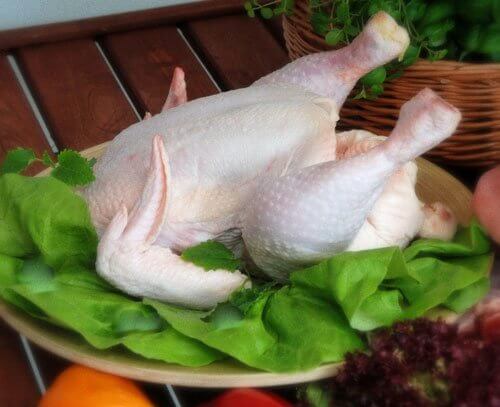
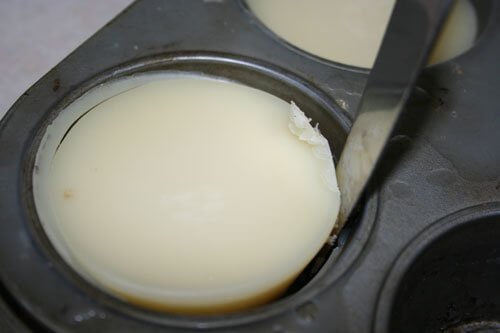
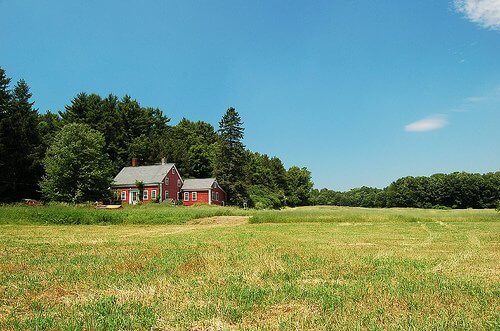
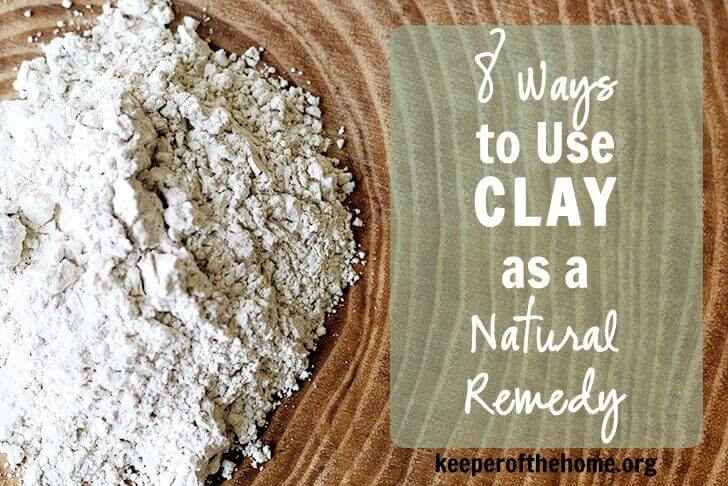
Good article Kate. I have a friend that keeps bees for the honey. He produces ery good, raw honey and sells it locally. It is true that honeybees are diminishing, he has fruit orchards pay him to bring his bees to pollinate their orchards because the bees are disappearing!
i too can only admire the organization and efficiency of a bee hive, something to envy as a mother!
This is very interesting. I have never really thought about keeping bees. It certainly seems like something doable now.
Thanks for the information Kate!
Beekeeping for beginners is a hot topic among many people interested in beekeeping as a hobby and not primarily as a commercial venture. People interested in beginning beekeeping are becoming more common in urban areas as more people see the benefit of bees that help support their urban vegetable gardens. Bees are an important part of the environment and may people are happy that bees are making a comeback.
I found this article helpful. I am thinking seriously about getting some bees.
A lot of helpful advice and links for anyone looking for beekeeping information . It really is possible to keep bees in your backyard in many areas.
Keeping our gardens natural and not using pesticides is a really important point too and something we can all do the help the bees and care for our environment.
Wow, can you really start a bee hive on 20 foot x 20 foot of land? I thought it would take more than that. I could do that in my back yard. I’m a city dweller (so I have concerns). Also, I’m glad to hear that by killing wasps I”m helping the honey bees, because I’ve been feeling guilty for killing the wasps that keep trying to build nests in my garage wall.
I don’t think people realize that beekeeping is alot of work. There is so much more to it than just putting a few hives in your backyard and watching them. The bees need a lot of care. You have to medicate them for mites and diseases. The hive needs to be checked for mice and wax moths. If you take care of the bees they will thrive.